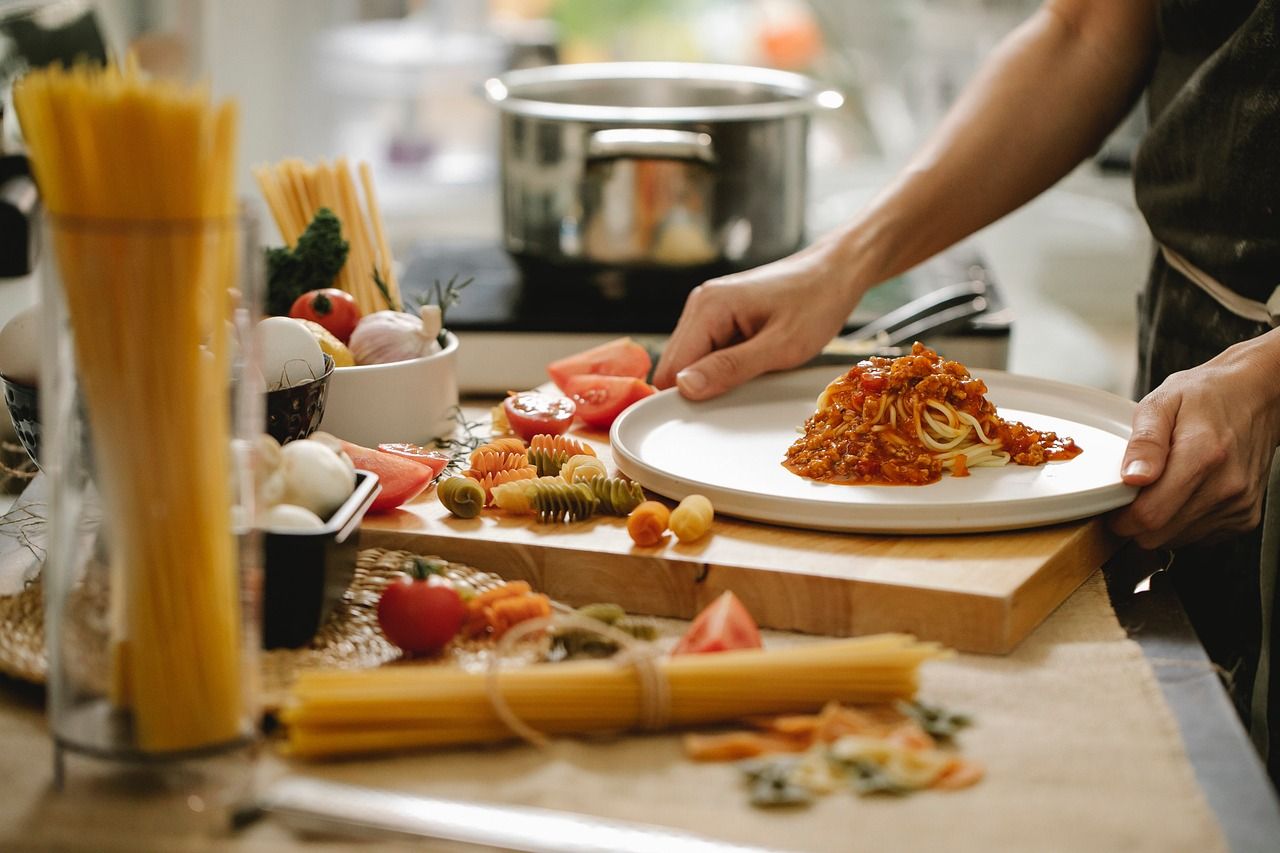Seventeen-year-old Jared was about to do his final exams in secondary school and hopefully move on to college. His grandmother, whom he called Bubby, asked what he’d like for a present. This 17-year-old, who could have asked his grandmother for anything in the world, said, “Bubby, I’d like you to make me a cookbook with all your recipes in it.” His grandmother could not have been more touched.

She spent two months writing out all the family recipes by hand, and along with the recipes she shared her stories, about special occasions and about special people and what carrying on the traditions of her mother and grandmother meant to her. On the first page of “Bubby’s Cookbook,” she wrote:
Dear Jared,
I feel greatly honoured that you asked me to put this recipe book together for you. I don’t know of any other grandchild that ever made such a request. In every way I thank you.
It brought back so many wonderful memories of dinners prepared for various holidays . . . Of course with the many meals and recipes I recorded here came the memories of so many people that gathered at my home, sat at my table and became forever inscribed in my heart and mind . . . the beautiful faces that surround it all . . . I feel totally inspired . . . all this becomes my creative expression of my love for all of you.
My attitude toward food centres around bringing people together . . . feelings of warmth toward each other and in celebration of life. What better way to display nature’s infinite bounty and beauty, for which I have enormous feelings of appreciation and gratitude.
Jared, I designed these recipes so that they will be easy to follow . . . I hope you find them useful, that you enjoy the creative aspect of cooking and baking, but most of all that you provide for others, as I’d like to think I did, with the opportunity to share it all.
I love you dearly,
Bubby
[From Einstein and the Rabbi: Searching for the Soul by Naomi Levy.]
A grandson and his grandmother appreciate that food is much more than fuel for the body. Food is about gathering people in a spirit of gratitude for both the gifts of the earth and those gathered to share them; at the tables where, in breaking bread together, we celebrate family and connect with friends; in creating communities of support and reconciliation in the bounty we harvest together.
In calling himself “bread” – the simplest and most basic of foods – Jesus connects our everyday acts of humble charity and grateful sharing with the compassion and mercy of God. In the bread of the Eucharist, Jesus transforms us, his church, into his own body and blood; in the Eucharist, we become for one another the bread of compassion and justice and peace that is Christ.
As Jesus, the “bread of life,” gave “life” to the world through his selfless compassion and humble servanthood to others, we, too, can give “life to the world” when we embrace that same giving spirit of Jesus: looking beyond our own needs and pain to the good of others, giving not from our treasure but from our poverty, nourishing one another in the love, compassion and selflessness of the Gospel.
In the “bread” he gives us to eat, we become the body of Christ with and for one another; in his “blood” that he gives us to drink, his life of compassion, justice and selflessness flows within us, and we become what we have received: the sacrament of unity, peace and reconciliation.